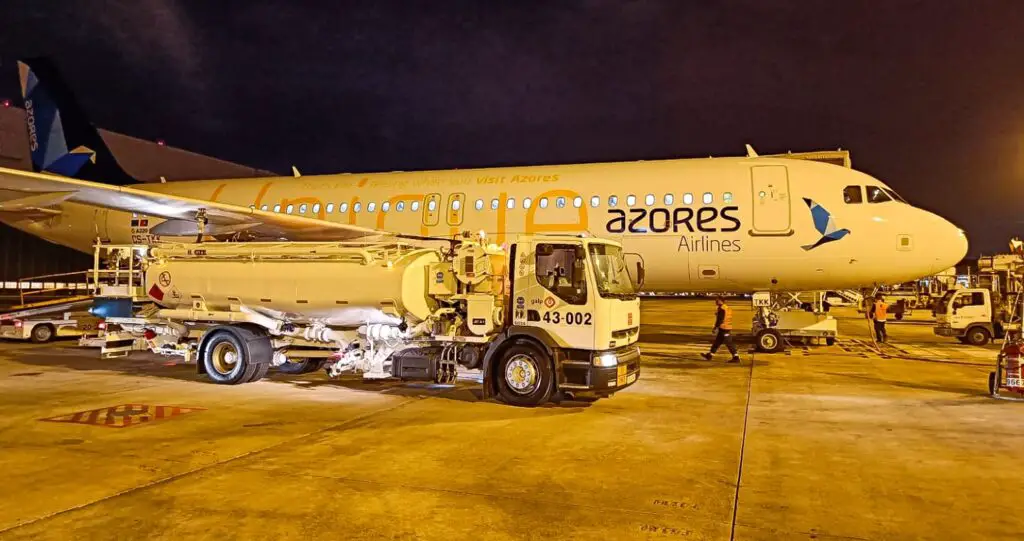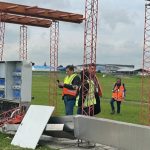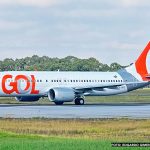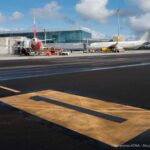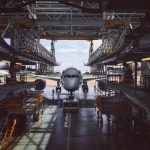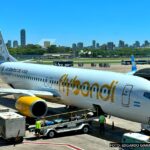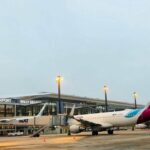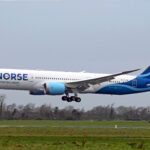Yesterday, 24 October, Portuguese airline Azores Airlines completed its first commercial flight using sustainable aviation fuel (SAF).
Through a press release, the operator based in Ponta Delgada, in the Azores archipelago, further highlighted that the milestone «is even more significant» as, days ago, the SATA Group, the company’s owner, joined the European Union’s Zero Emissions Aviation Alliance, an initiative to enable and accelerate the decarbonisation of the industry by 2050.
Flight S4 127 took off from Lisbon (LIS) at 20:25 and landed in Ponta Delgada (PDL) at 21:30 local time. The operation, powered by a mix of conventional and sustainable fuel, was performed with the Airbus A320 with registration CS-TKK.
The fuel used during the flight incorporated 39% renewably sourced material known as HEFA (hydroprocessed esters and fatty acids). This is a sustainable fuel produced from lipid feedstocks, such as vegetable oils, animal fat or used cooking oil. It can be blended with conventional fossil fuel to reduce overall carbon dioxide emissions.
Energy and fuel production companies Galp and Neste, partners of Azores Airlines, were involved in the preparation and monitoring of the operation. Also working with the airline’s technical teams was the commercial aviation investment platform Carlyle Aviation Partners, the lessor of the aircraft that operated the flight.
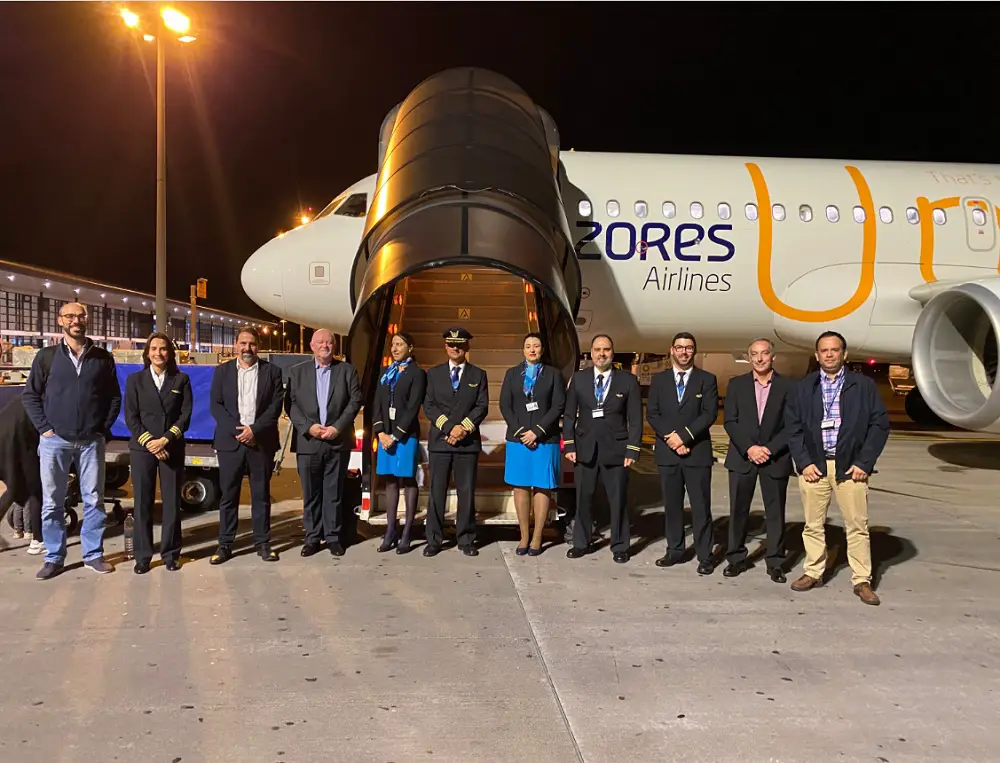
One of the best alternatives in the short term, but with prices still not competitive
The operation took place against a backdrop of fuel shortages and a general increase in fuel prices. Disruptions in supply chains, the consequences of the war in Ukraine and the recovery of the industry, which is demanding more inputs, have put a strain on the system.
In this context, sustainable fuels could become more attractive. However, production and supply of these alternative materials are still far from the level that would allow their depreciation and make them viable alternatives to fossil fuels.
Nevertheless, many stakeholders are working hard on the development of SAF for aviation. With operators looking for alternatives to reduce their emissions and regulators exerting more pressure in this direction, significant growth in production can be expected in the short to medium term.
It is also one of the most viable alternatives to achieve a reduction in the environmental impact of aviation in the near future, thanks to its adaptability to existing ground infrastructure and aircraft engines currently in service.
See also: «CO2labora»: Iberia Group now allows passengers to offset their flight emissions

